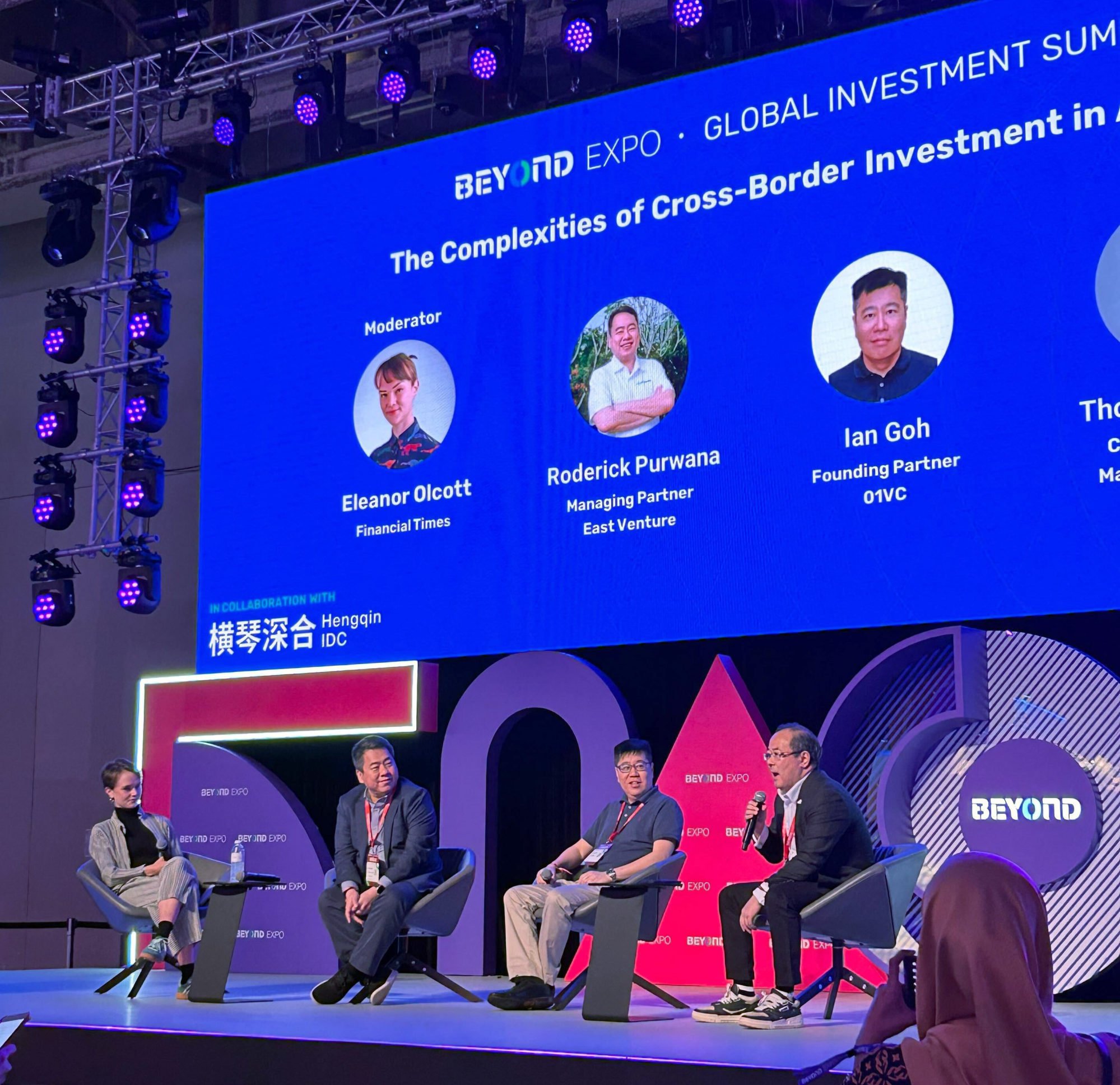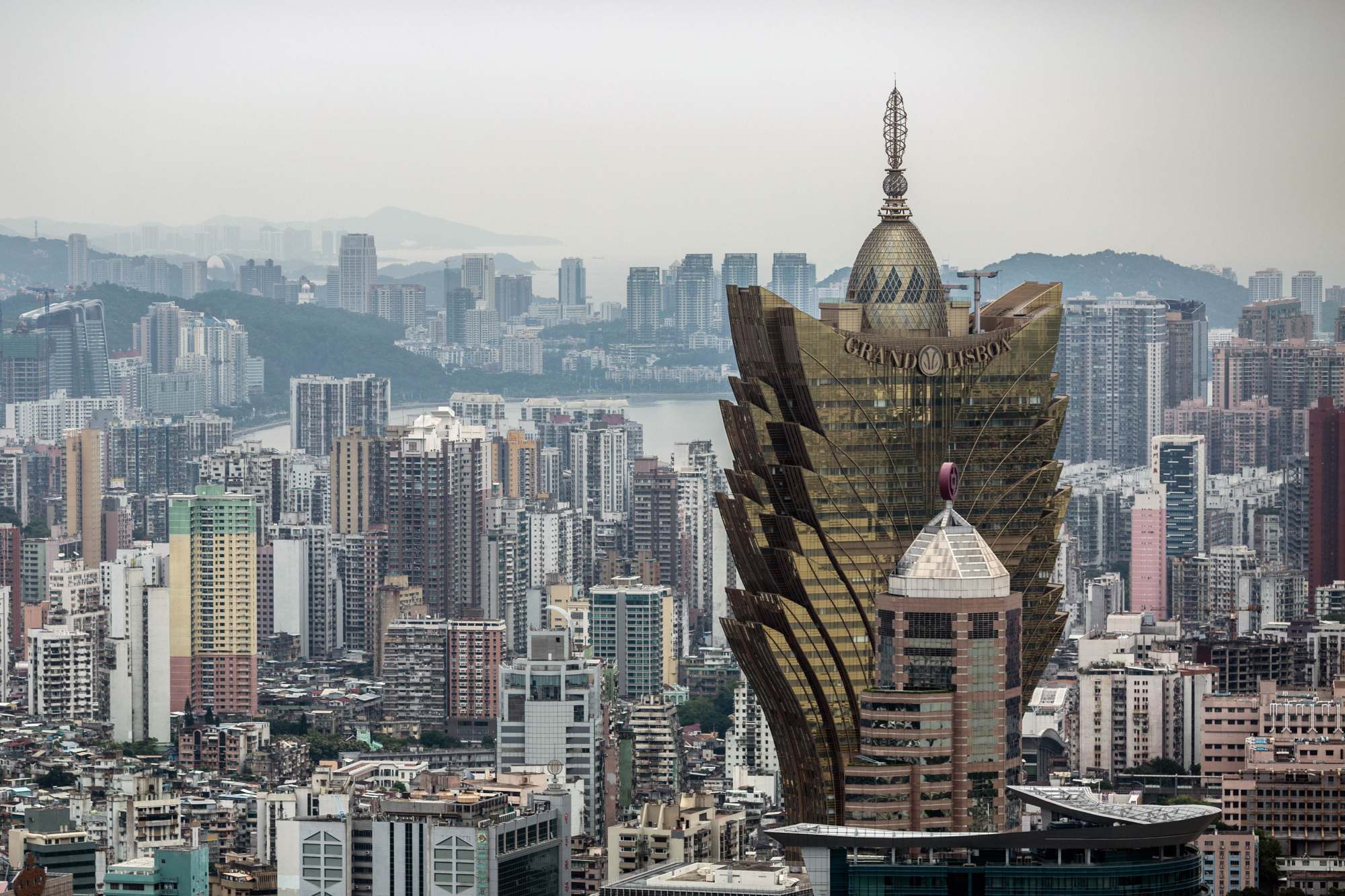Some Chinese venture capital firms are looking for opportunities to scale up their operations in South and Southeast Asia amid heightened geopolitical tensions between China and the US, investors at a business expo in Macau said.
Gobi Partners is eyeing opportunities in Pakistan, given the country’s young population, increasing internet and mobile banking adoption and the government’s efforts to create a conducive environment for investors, according to co-founder and managing director Thomas Tsao.
“From a political standpoint, China and Pakistan are fairly close, and that is a big market opportunity,” Tsao said on Thursday at Beyond Expo, billed as Asia’s largest event for tech innovation trends. Some of the start-ups backed by Gobi Partners are showcasing their products and services at the expo in Macau.

Some 500 speakers and 800 exhibitors from industries including healthcare, sustainability and consumer tech were gathered at the annual event. Celebrities including football star and entrepreneur David Beckham and singer Jackson Wang were also invited for fireside chats.
Chinese electric-car battery maker Contemporary Amperex, known as CATL and the Macau government announced an agreement to promote green development in the Guangdong and Hengqin regions. They will leverage CATL’s scale, market, technology and talent to pursue those efforts.

While geopolitical situations may alarm companies and investors, Tsao noted that as an early-stage investor, Gobi Partners takes a “glass half-full” approach, adding that the firm looks at broad trends to understand what is going on in Asia.
Chinese companies are eager to expand their footprints in offshore markets and replicate their business models there, according to Ian Goh, the founding partner of 01VC, a Shanghai-based early-stage venture capital firm.
A “light touch” approach to expansion, whereby talent from China is exported to other markets to kick-start a new set-up, may no longer work in today’s complex business and political environment, he added.
“We are looking at bringing the entire supply chain from China to our global market,” Goh said at the expo. “We had to rethink that strategy” as companies will need to negotiate different and tougher regulations in each market, he added.

